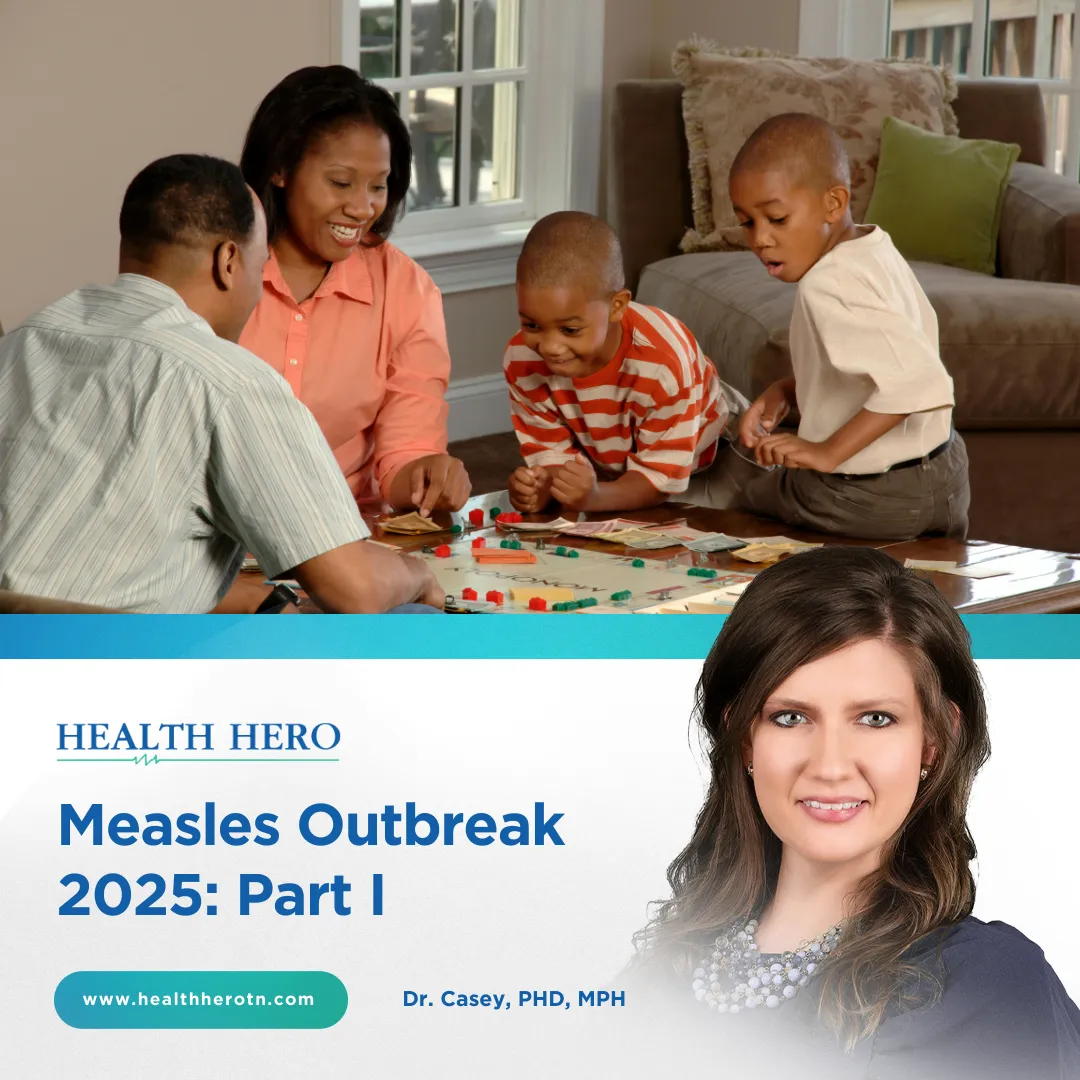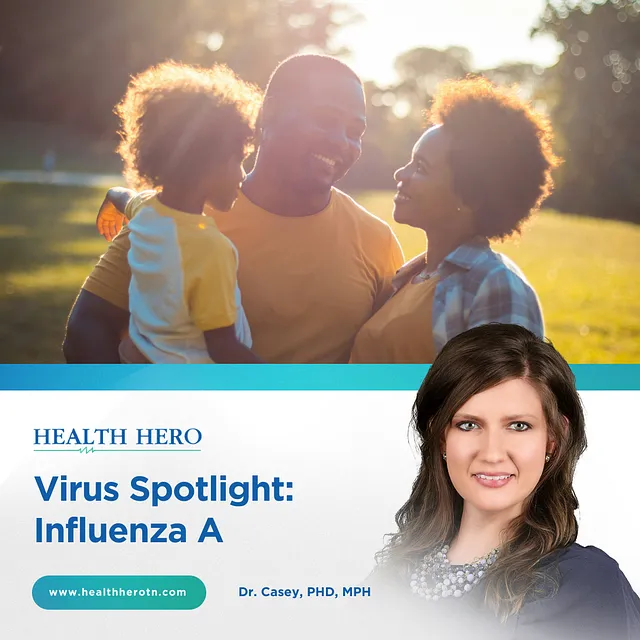I’ve never done this before, but this will be Part I of a two-part post. I am dedicating two posts to this for a couple of reasons. First, because it is such an important and timely issue, and second, because I want to cover two different aspects of the topic. To really cover both pieces adequately, I need to devote the appropriate amount of information and time to them, and I don’t think you want to read a 5,000-word post in one sitting; I would not. So, today will be Part I of my post about the current measles outbreaks in the U.S.
Measles. What about them? I wrote about the disease way back in April (almost a full year ago!), citing the disease as one that has had “eliminated” status in the United States. The U.S. achieved that elimination status when Dr. John Enders and colleagues developed the first measles vaccine licensed for public use in 1963. Even in the decade before the vaccine became available, almost all children got measles by the time they reached 15 years old and an estimated 3–4 million Americans were infected every year. And of those millions infected every year, there were hundreds of deaths, nearly 50,000 hospitalizations, and approximately 1,000 patients developed encephalitis — swelling of the brain. But after the measles vaccine was introduced, reported measles cases in the U.S. dropped by 97% in only three years. An improved measles vaccine was introduced in 1968, which is the one still used today (developed by Dr. Maurice Hilleman and colleagues). Seeing the remarkable effects of vaccination against measles, the U.S. set a goal in 1978 to eliminate measles from the country by 1982. The rest is very interesting, including expanding that goal to worldwide elimination, but that isn’t the purpose of today’s post (however, I am including links below that you can visit to read more about this fascinating mission and achievement). To spoil the ending of our mission in the U.S., measles was declared eliminated in the nation in 2000. Elimination, in this context, was defined as the absence of continuous spread of disease beyond 12 months. The credit for this remarkable and historic accomplishment was given to the U.S.’s highly effective vaccination program.
Wouldn’t it great if that were the end of the story? But, it’s not.
In my post from last April, I discussed that this amazing achievement — measles elimination in the U.S. — unfortunately came as a double-edged sword. Now, we are unfortunately seeing the sharp, unforgiving side of that sword. The risk of measles has become so low (the good side) that people are less likely to understand how severe the disease can be, and thus don’t feel as threatened, and therefore are less likely to take preventive actions — like getting vaccinated. It is easy and perhaps admirable to strive for an “organic, all-natural” approach to life when you haven’t faced the horrors of a society without proper sanitation, hygiene, medical care, etc. But many people have forgotten, or perhaps do not realize, that we are only able to enjoy the luxuries of our lifestyles because of the tireless efforts and struggles of so many who blazed a trail before us to give us such an opportunity.
An example my colleagues and I frequently use to try to explain the short (or no) memory issue that spurs major health issues is the following, and is based on countless real-life experiences with patients. We often see patients suffering from, for example, high blood pressure. They experience negative symptoms, their quality of life lowers, they know something is wrong, and they come see their healthcare provider. Their provider recommends lifestyle changes (healthier diet, more physical activity, no smoking, etc.) and prescribes medicine to manage the patient’s blood pressure. The patient goes home, starts taking the blood pressure medication (and hopefully starts making the lifestyle improvements), and within weeks — they feel great! In fact, all of the negative symptoms they were experiencing from the high blood pressure might even be gone and they feel as good as new. Well, they are feeling good now. So…they stop taking the medicine. They aren’t having those problems like before, so “obviously” (in their minds) they must not need the medicine anymore. But a few more weeks go by, off of the medication, and all of the negative symptoms return, and they end up back at their healthcare provider trying to figure out what happened?? (But something tells me that you know what happened…)
They were feeling better because of the medicine. It was treating their condition. So, stop taking it, and consequently stop feeling better. It seems so simple when we talk about it like this, but I cannot tell you the hundreds of patients who have this exact experience. Their symptoms are out of sight, so they are out of mind, and may as well not exist. It can be difficult to think you need to take medication if you aren’t feeling unwell. But there is a similar effect with vaccine-preventable diseases.
When is the last time that someone you know had smallpox? Or even polio (in your lifetime)? My medical students actually have difficulty diagnosing chickenpox. That absolutely blew my mind the first time I heard a student say that, but I realized it’s because their generation has had a vaccine for that, whereas chickenpox was practically a rite of passage when I was growing up. For some people, is difficult to think about needing medication (such as a vaccine) when you feel in great health, especially if you don’t even have a tangible idea of what that medicine/vaccine is for. I don’t know anyone who ever spent time in an iron lung. Those are just pictures in books. Examples of other real things that, maybe to someone not unlike myself, are just pictures in books: guillotine executions, leper colonies, the destruction of Pompeii, and dinosaurs.
Am I very concerned about or taking any imminent preventive measures to protect against crossing paths with a velociraptor (that is my youngest’s current favorite kind of dinosaur)? Not especially. I’ve never seen one in “real life.” No one I know has ever seen a living dinosaur. I know they are a real thing but from a long time ago. I have seen illustrations of dinosaurs. Having a young dinosaur aficionado in my house, I have read more than my fair share about them. I’ve seen fossils and even full skeletons with my own eyes, so I know they did exist at one time and some were huge, and likely absolutely terrifying and life-threatening. But I have no real concept or firsthand understanding of these creatures in reality; for me, they are more of an idea. Therefore, I don’t have any real fear of dinosaurs. I have a lot going on, and frankly I don’t spend a lot of time thinking, much less worrying, about them. If the news reported that we were having a dinosaur outbreak, I would be completely unprepared. I am not really sure what I could do to prepare for that, anyway — and am going to try very hard not to go down that mental rabbit hole. But I also know that the odds of such a thing are essentially zero (although anything can happen, right). Ultimately, I feel quite comfortable that I am safe from a dinosaur attack.
Although that is obviously an extreme example, the same sort of thing frequently happens when it comes to diseases we think of as a thing of the past. How worried are you about catching the Black Death (bubonic plague), for example? My guess is probably not very. My long-winded point is that — humans are forgetful creatures; our memories are very limited. That saying, “out of sight, out of mind,” is true. While we are extremely fortunate to live in a time and place without daily fear of countless diseases, we can’t let ourselves become complacent. We have to remember how we got here.
Huge advancements and improvements in sanitation and hygiene have made a world of difference for diseases like cholera, dysentery, typhus, and plague (among others). And for other diseases that used to carry a huge death toll, vaccines have saved millions of lives and prevented sickness and other negative health outcomes for even more.
No child or adult should ever die from a vaccine-preventable illness. Full stop. Modern sanitation measures such as using clean water and disposing waste into sewer or septic systems are precautions similar to being vaccinated. Both are examples of taking precautions to protect one’s health and the health of others. I don’t know anyone who would choose to drink dirty pond or lake water over a glass of water that has gone through standard filtration from a kitchen sink. So, we should ask ourselves why we would not also utilize the remarkable achievements of vaccines to protect ourselves and others from preventable diseases.
If we want future generations to enjoy the same luxuries of health protection that we currently do, then we have a responsibility to carry that torch forward by vaccinating ourselves, our children, and by engaging in healthy behaviors. If we take progress for granted, then the amazing achievements in health and medicine that we have experienced in our lifetimes die out with us. And that’s not what any parent wants for their child, or anyone wants for another person.
Other Thoughts
Apologies for this lengthy post (just think if I hadn’t broken this up into a two-parter!). But I really wanted to emphasize where some of the misconceptions around vaccination come from, and what we should remind ourselves and others in order to keep ourselves, our loved ones, our communities, and our societies healthy long-term. In Part II, I am going to cover more of the hard facts and latest information about the current measles epidemic in the U.S. Who has been affected, and where? How many outbreaks are there? What do we mean by “outbreak”? What can you do to protect yourself? I promise it will be back to the more typical information-based post, and less…slightly philosophical, I guess. But I hope you made it to the end of this post and that you take some time to really think about what I discussed here. If you are like me, you probably feel a sense of responsibility for future generations. I always strive to leave a place a little better than I found it; I hope you do, too. I know that there are widely differing opinions on vaccination, believe me, so feel free to send me your thoughts, comments, questions, or concerns. Please remember that this is an open space for respectful discussion; that is encouraged! I’m looking forward to the next post with some hard data and information about what we are currently dealing with in U.S. It is upsetting, but it is important to be informed.
Be Well; Be Kind,
Dr. Casey
Want to Learn More?
As promised, you can read more about the timeline of measles, before and after vaccines, at this site, aptly titled, “History of Vaccines,” which has a lot of other interesting content, as well: https://historyofvaccines.org/history/measles/timeline
For more detail on the history of measles, particularly progression in the U.S., I recommend this page by the Centers for Disease Control and Prevention (CDC): https://www.cdc.gov/measles/about/history.html
Although this is a scientific article, so it gets technical in some places, I am going to include this link, as well, which provides information about the progression toward worldwide measles elimination from 2000–2022 by authors Minta et al.: https://www.cdc.gov/mmwr/volumes/72/wr/mm7246a3.htm
Want some general information about measles? The National Foundation for Infectious Diseases (NFID) can help you with that: https://www.nfid.org/infectious-disease/measles/
Just for some levity — I did start thinking more about a possible dinosaur invasion, and found this fun little blurb with some tips on how to survive a dinosaur attack (even with some specifics for velociraptors!): https://workrightnw.com/how-to-survive-a-dinosaur-attack/
Here is a great article by the U.S. Office of Health and Human Services (HHS) that discusses the many benefits of good sanitation and hygiene, but explains why these alone are not enough to protect against infectious diseases: https://www.hhs.gov/letsgetreal/learn-about-childrens-vaccines/questions-about-vaccines/are-good-sanitation-and-hygiene-practices-enough-to-protect-against-infectious-diseases









